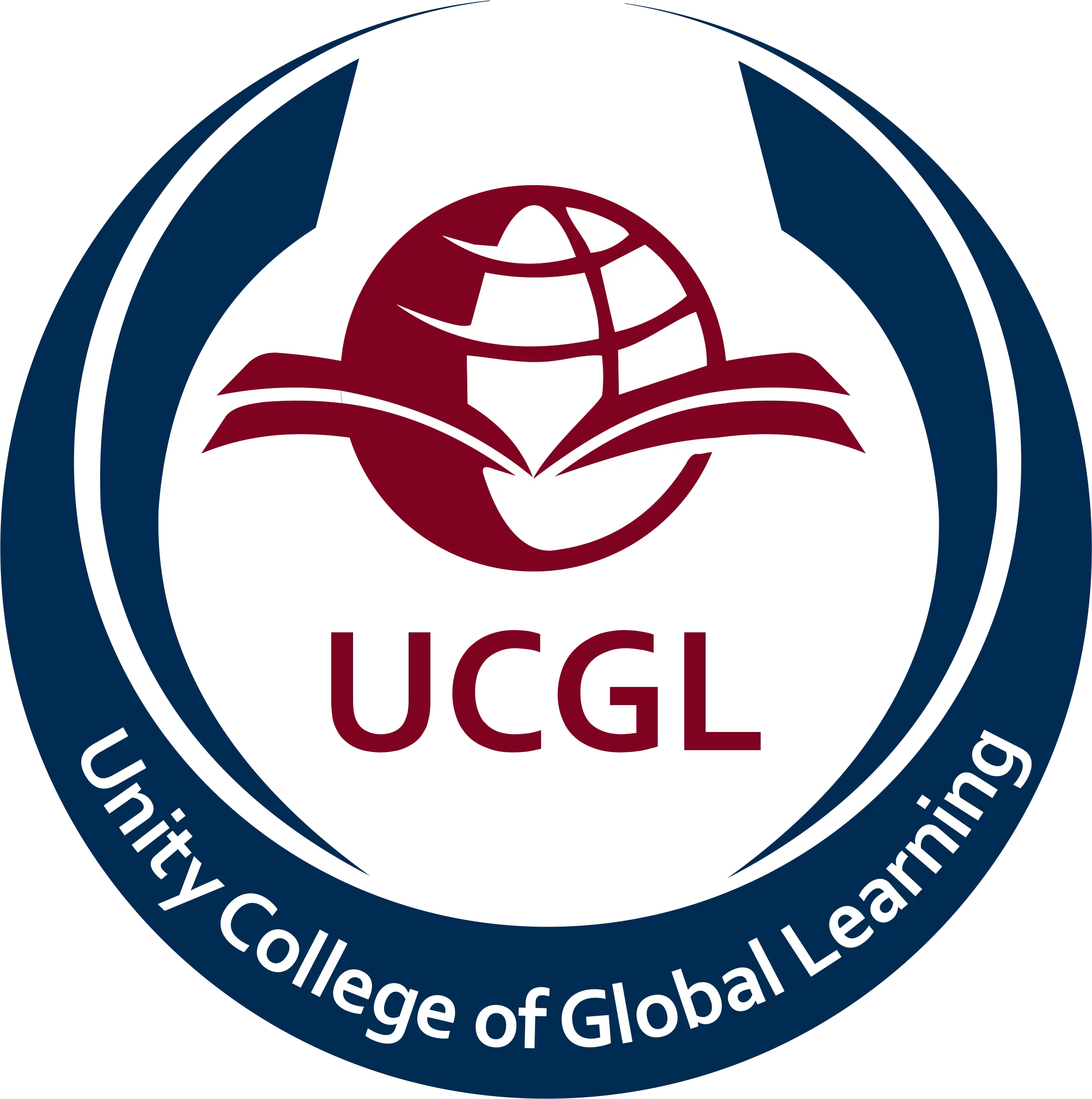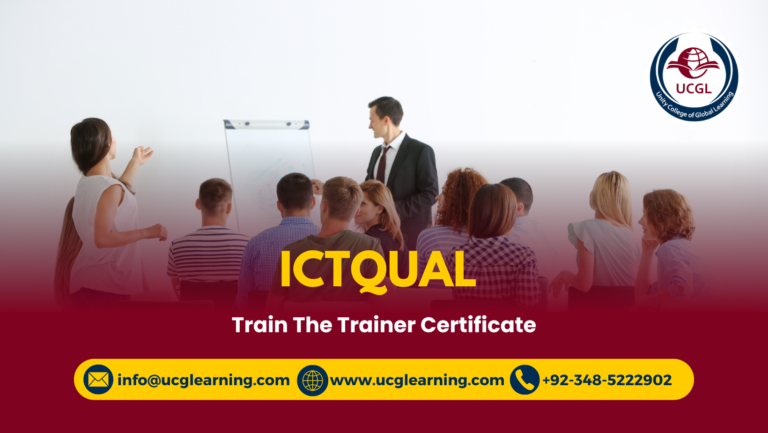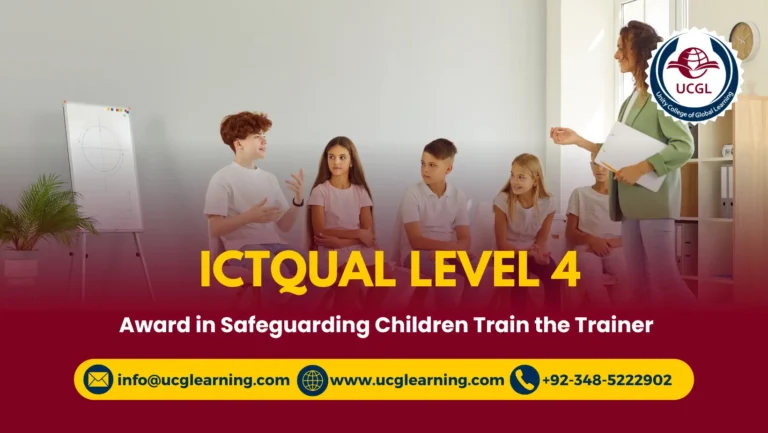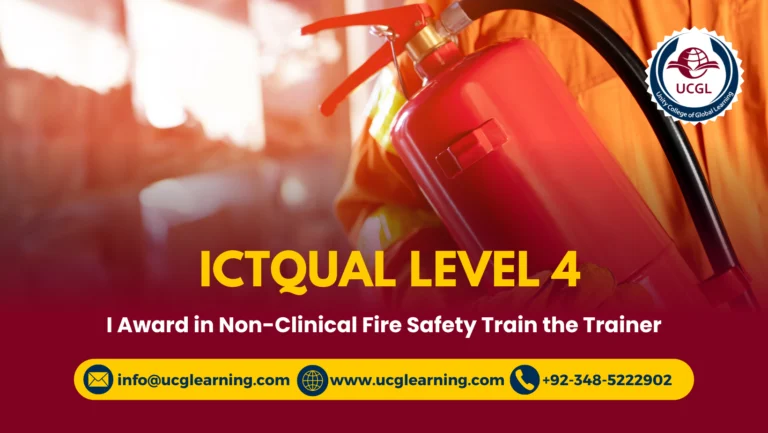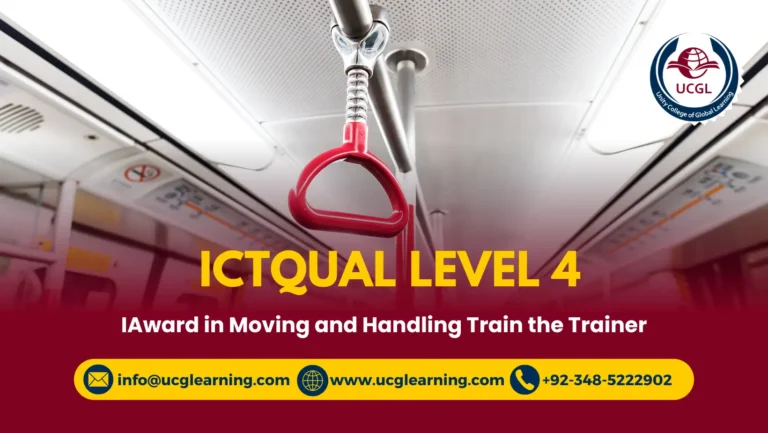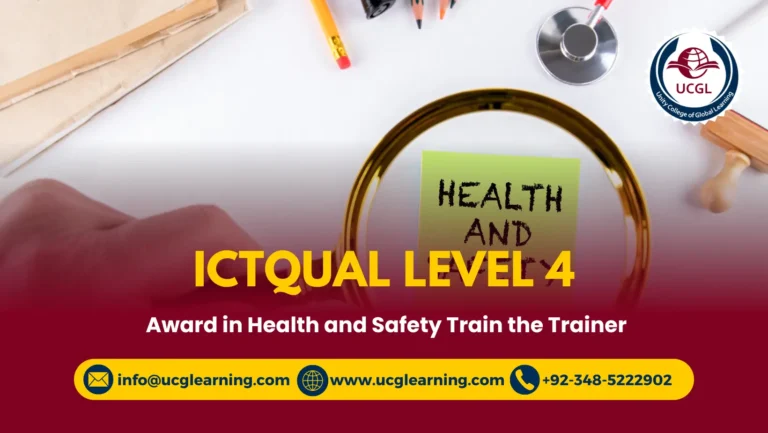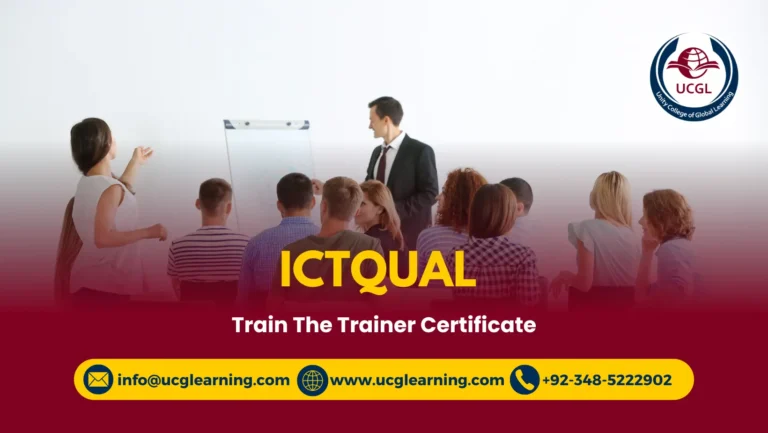ICTQual Level 4 Award in Non-Clinical Conflict Resolution Train the Trainer
In today’s dynamic and interconnected world, conflicts can arise in various settings, from workplaces to community organizations. The ability to effectively resolve conflicts is essential for maintaining harmony and productivity. That’s why the ICTQual Level 4 Award in Non-Clinical Conflict Resolution Train the Trainer was developed—a comprehensive program designed to equip individuals with the knowledge and skills needed to train others in conflict resolution techniques.
Course Introduction
The ICTQual Level 4 Award in Non-Clinical Conflict Resolution Train the Trainer is a comprehensive training program tailored to empower individuals with expertise in conflict resolution. This course delves into various aspects of conflict resolution, equipping participants with practical skills and strategies to effectively manage conflicts in diverse settings, from workplaces to community organizations.
Course Benefits:
- Expertise Enhancement: Gain comprehensive knowledge of non-clinical conflict resolution principles, strategies, and best practices.
- Career Advancement: Position yourself as a trusted expert in conflict resolution, opening doors to new career opportunities and professional growth.
- Impactful Training: Learn how to design and deliver training programs that empower individuals and organizations to resolve conflicts constructively.
- Community Harmony: Become a catalyst for promoting peace and understanding in workplaces, educational institutions, and community settings.
- Personal Fulfillment: Make a meaningful difference in the lives of others by equipping them with the skills needed to navigate conflicts effectively and foster positive relationships.
Course Study Units:
- Introduction to Conflict Resolution Training
- Fundamentals of Conflict Dynamics
- Communication Skills for Conflict Resolution
- Mediation and Negotiation Techniques
- Training Design and Delivery
- Assessing Learning and Providing Feedback
- Ethical and Legal Considerations in Conflict Resolution Training
- Practical Application and Role-Playing Exercises
- Developing Training Resources and Materials
- Continuous Professional Development and Growth
Learning Outcomes:
Introduction to Conflict Resolution Training
- Participants will gain a comprehensive understanding of the principles and importance of conflict resolution training.
- Participants will be able to articulate the objectives and benefits of conflict resolution training in various settings.
Fundamentals of Conflict Dynamics
- Participants will learn about the underlying causes and dynamics of conflicts, including factors such as perceptions, emotions, and interests.
- Participants will be able to analyze conflict situations and identify potential triggers and escalation patterns.
Communication Skills for Conflict Resolution
- Participants will develop effective communication techniques for expressing needs, listening actively, and managing emotions during conflicts.
- Participants will enhance their ability to facilitate open and constructive dialogue among conflicting parties.
Mediation and Negotiation Techniques
- Participants will learn mediation and negotiation strategies for facilitating resolution and reaching mutually beneficial agreements in conflict situations.
- Participants will practice techniques for building rapport, reframing issues, and finding common ground between parties.
Training Design and Delivery
- Participants will acquire skills in designing and delivering engaging and effective conflict resolution training programs.
- Participants will learn about training methodologies, instructional techniques, and adult learning principles relevant to conflict resolution training.
Assessing Learning and Providing Feedback
- Participants will learn techniques for assessing learners’ understanding of conflict resolution concepts and evaluating training effectiveness.
- Participants will be able to provide constructive feedback to learners to enhance their learning and skill development.
Ethical and Legal Considerations in Conflict Resolution Training
- Participants will understand the ethical principles and legal considerations involved in conflict resolution training and practice.
- Participants will learn how to navigate ethical dilemmas and maintain professionalism in conflict resolution training.
Practical Application and Role-Playing Exercises
- Participants will apply theoretical knowledge and skills learned in the course to practical scenarios through role-playing exercises.
- Participants will develop problem-solving skills and practice applying conflict resolution techniques in simulated conflict situations.
Developing Training Resources and Materials
- Participants will learn how to develop training resources and materials, including handouts, presentations, and case studies, to support conflict resolution training programs.
- Participants will create customized training materials tailored to the specific needs and objectives of their target audience.
Continuous Professional Development and Growth
- Participants will understand the importance of continuous professional development in maintaining and enhancing their skills as conflict resolution trainers.
- Participants will explore opportunities for ongoing learning, skill development, and career advancement in the field of conflict resolution training.
By mastering these learning outcomes, participants in the ICTQual Level 4 Award in Non-Clinical Conflict Resolution Train the Trainer will be well-equipped to design and deliver effective conflict resolution training programs and empower others to navigate conflicts constructively.
Who Is This Course For?
The ICTQual Level 4 Award in Non-Clinical Conflict Resolution Train the Trainer is ideal for:
- Human resources professionals, managers, and team leaders responsible for managing conflicts in the workplace.
- Educators, counselors, and community leaders involved in promoting conflict resolution skills among students and community members.
- Trainers and consultants interested in delivering conflict resolution training to organizations, institutions, and community groups.
- Individuals passionate about fostering positive relationships and promoting peaceful coexistence in diverse settings.
Future Progression:
Upon completing the course, participants can explore various avenues for further progression, including:
- Advanced Training Certifications: Pursue specialized certifications in mediation, negotiation, or conflict coaching.
- Leadership Roles: Transition into leadership positions within conflict resolution departments or take on roles as conflict resolution trainers or consultants.
- Continuous Professional Development: Stay updated on emerging trends and best practices in conflict resolution through ongoing education and professional development activities.
- Research and Advocacy: Engage in research and advocacy initiatives aimed at addressing key challenges and promoting best practices in conflict resolution education and training.
ICTQual Level 4 Award in Non-Clinical Conflict Resolution Train the Trainer offers a transformative pathway for individuals to become leaders in promoting peaceful conflict resolution. By equipping trainers with the skills needed to empower others in resolving conflicts constructively, this course plays a pivotal role in fostering harmony and understanding in diverse settings.
